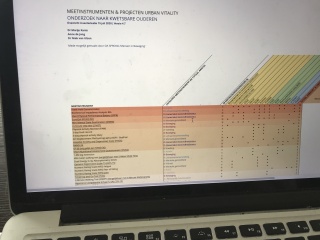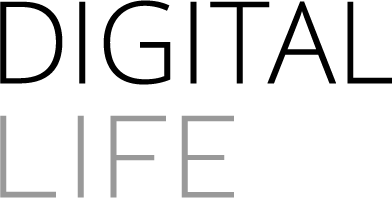Together more FAIR
15-07-2020

Are you also curious about FAIR data and how you can achieve this?
At the beginning of July, you could have heard everything about it: then the final online seminar of the research project 'FAIR: not words but data' was held. This research took place within the context of the SPRONG project 'People in Motion', in which three faculties of the Amsterdam University of Applied Sciences (AUAS) worked together: Health; Exercise, Sports & Nutrition; and Digital Media & Creative Industry. Our colleague Marije Kanis of Digital Life represented the latter Faculty DMCI.
BE FAIR
In this context, 'FAIR data' goes much further than literally fair data. FAIR stands for:
- Findable
- Accessible
- Interoperable
- Reusable
The Covid-19 outbreak has shown that valuable data - essential to get a grip on a pandemic - is often difficult to find, accessible and interoperable, let alone reusable. This made the project even more relevant.
PIONEERS
At first glance, these seem to be logical principles that every research process takes into account in advance. The opposite is true: it turns out that all four are difficult areas, especially the interchangeability. This means that data must also be readable by a computer or machine and this requires a considerable investment in practice. In short, there is still much to pioneer.
WHAT HAS BEEN ACHIEVED
Within this Seed Money project 'No words but data', considerable steps have been taken in the pioneering work. This has been achieved:
- FAIR expertise within AUAS has been further developed. This has been achieved by involving a diverse group of lecturers, researchers, lecturers and data stewards from different faculties
- Connection with national and international initiatives in the field of FAIR data and data stewardship
- Implementation as an example of FAIR procedure for 'People in Motion' data
- Knowledge exchange about creative and visual methods (such as data physicalization) to also present data in an accessible manner
- Raising awareness among lecturers and researchers about FAIR data and the importance of ethical and privacy aspects in making data reusable
- A better overview of own data collections and data collection methods
- New projects / project applications that focus on FAIR or in which FAIR itself is the subject to some extent
TO BE CONTINUED
Finally, the attendants praised the research team involved, who paved the way for awareness of FAIR data. The precise translation to further application in practice is an important next step. Ultimately, this is how we make the world of research increasingly more FAIR.

